Face-off continues between Brussels and Bern
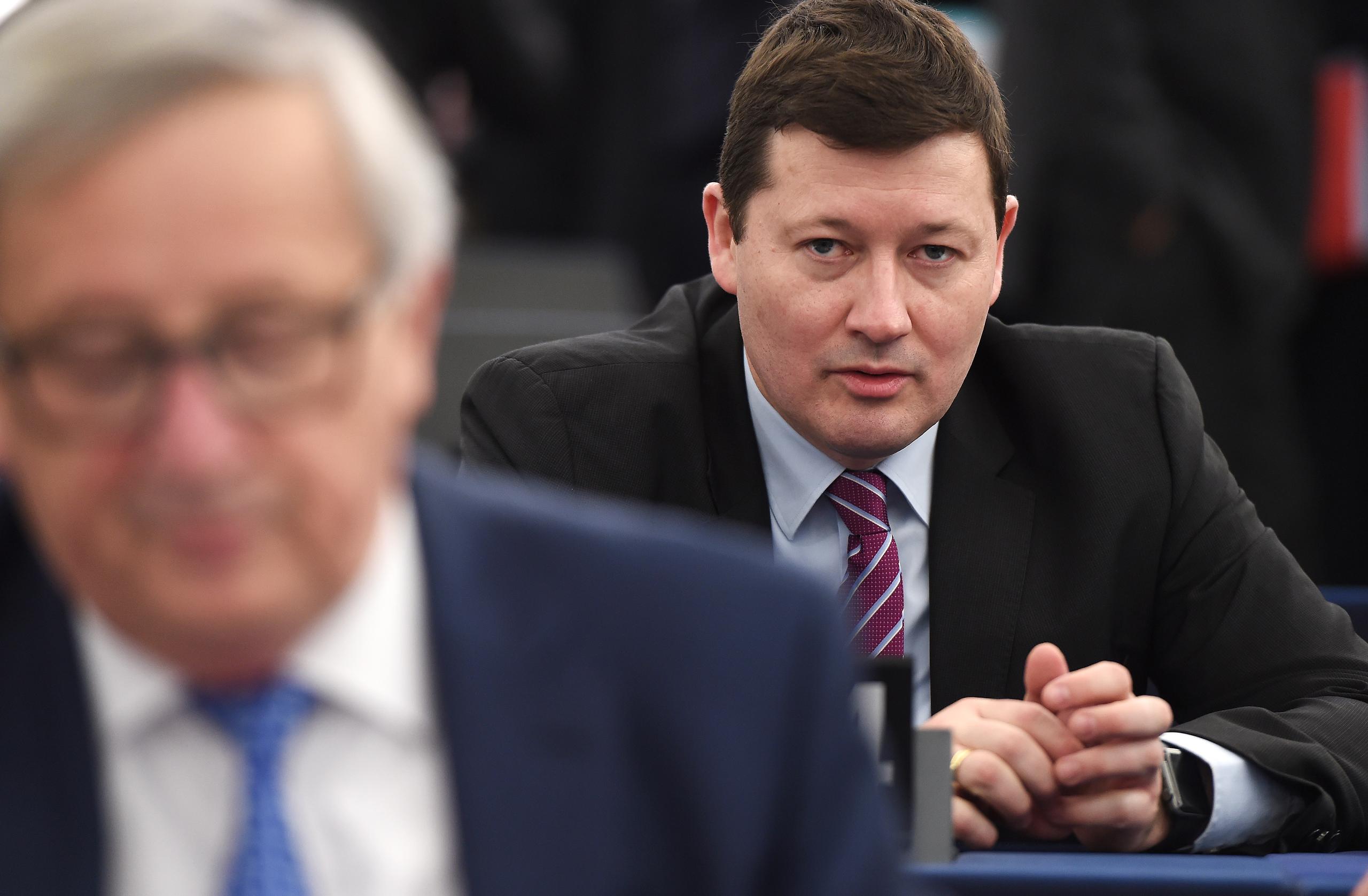
A colder wind will soon blow from Brussels towards Switzerland, the European Union’s (EU) top civil servant has said. Meanwhile, the Swiss president says that the current draft agreement between the two does not enjoy majority support in Switzerland.
As Secretary-General of the European Commission, Martin Selmayr is the most powerful civil servant in Brussels. He’s also one of the most admired, and feared, political figures in the EU.
In an interview with Swiss public television SRF on Wednesday, he spoke about the difficult relations between Switzerland and the EU and made a clear statement: “through Brexit, the EU has become more united internally, as well as outwardly tougher,” he said.
The framework agreement covers five key themes: free movement of persons, mutual recognition of industrial standards, agricultural products, air transport and land transport. The EU wants the umbrella agreement to replace over 20 large sectoral agreements and more than 100 smaller deals in place at the bilateral level.
The negotiations began in 2014 and a proposed accord was unveiled in December 2018. The Swiss government submitted it to a public consultation due to divergent domestic viewpoints. Brussels has given Switzerland until July 2019 to decide whether it wants to accept the deal.
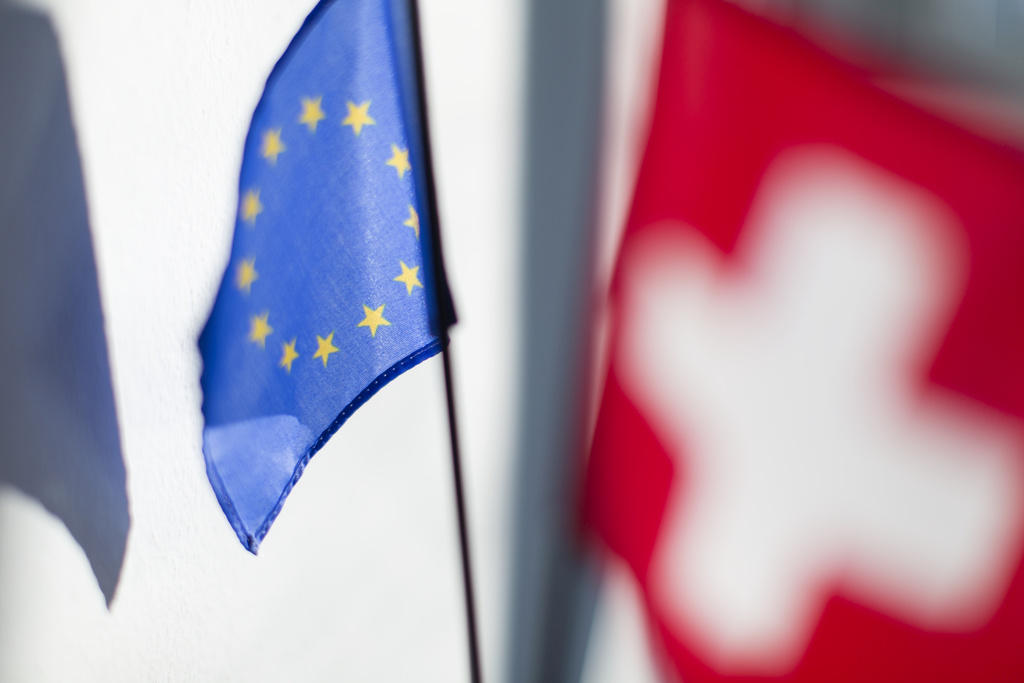
More
What is this EU framework deal?
Selmayr also rejected the often-heard complaint that Brussels has been uncompromising in its stance towards Bern. On the contrary, he said, Commission President Jean-Claude Juncker has made numerous concessions in controversial discussions about a new framework agreement deal – concessions that even came as a surprise to EU insiders.
Indeed, in Switzerland, the prevailing idea is that the Commission is being tougher in the negotiations than individual members states would be. However, Selmayr said the Commission always negotiates with a mandate; it also does so in close consultation with national governments in Berlin, Paris, and across the continent.
“The commission has no interests of its own in these matters,” he said. “Our interests are the combined interests of the member states.” He also said that the “tough cookies” are to be found in Berlin; Brussels is where the “softies” are.
Tough new Commission
At the end of October, Selmayr’s boss Jean-Claude Juncker is set to step down. In his wake, a new generation of young politicians will likely come to power and present an even tougher stance towards the outside world.
For the outgoing Commission, the message is therefore clear: long-running talks about the overarching framework agreement will not be restarted or renegotiated. At best, clarifications and precisions in the text may be later agreed, but its content will not be changed. Especially since the agreement has already been informally agreed to by the Swiss government, via foreign affairs minister Ignazio Cassis.
Selmayr says that the Commission wants the Swiss government to make a strong move to ratify the framework deal by the end of June this year. “It’s up to each government to muster the majority on their side needed to reach a deal,” he said.
Maurer: agreement lacks majority
Meanwhile, Swiss President President Ueli Maurer has said the current proposed institutional agreement lacks what is needed to win over majority support in Switzerland.
Switzerland therefore intends to resume contact with Brussels to fine-tune the draft agreement, he said on Thursday at the Swiss Economic Forum (SEF) in Interlaken.
For him, the consultation procedure has shown that the agreement is not yet in a position to achieve a majority: “many open questions remain which are perceived negatively by the economic sector,” he said.
According to the Tages-Anzeiger newspaper, Maurer is echoed in this stance by his People’s Party colleague in cabinet, Guy Parmelin.
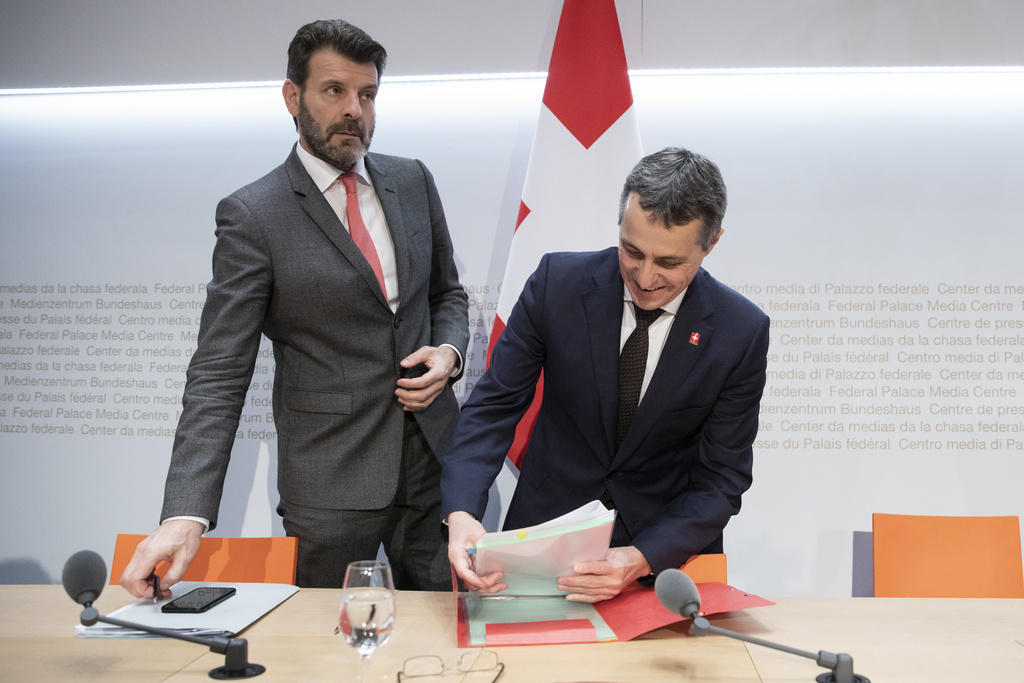
More
Three-fifths of Swiss back draft EU framework deal
Adapted from Sebastian Ramspeck’s SRF report by dos/ac

In compliance with the JTI standards
More: SWI swissinfo.ch certified by the Journalism Trust Initiative
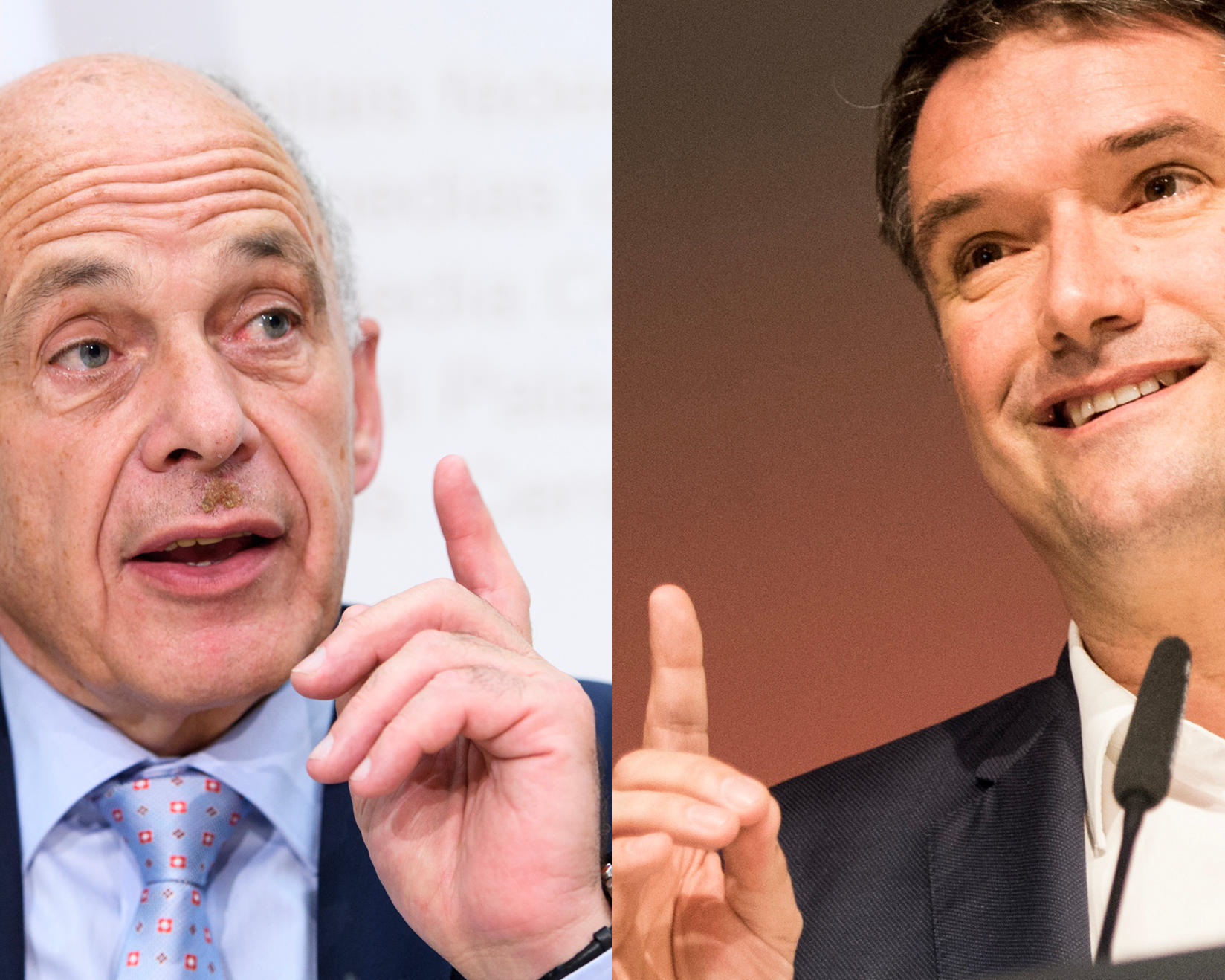
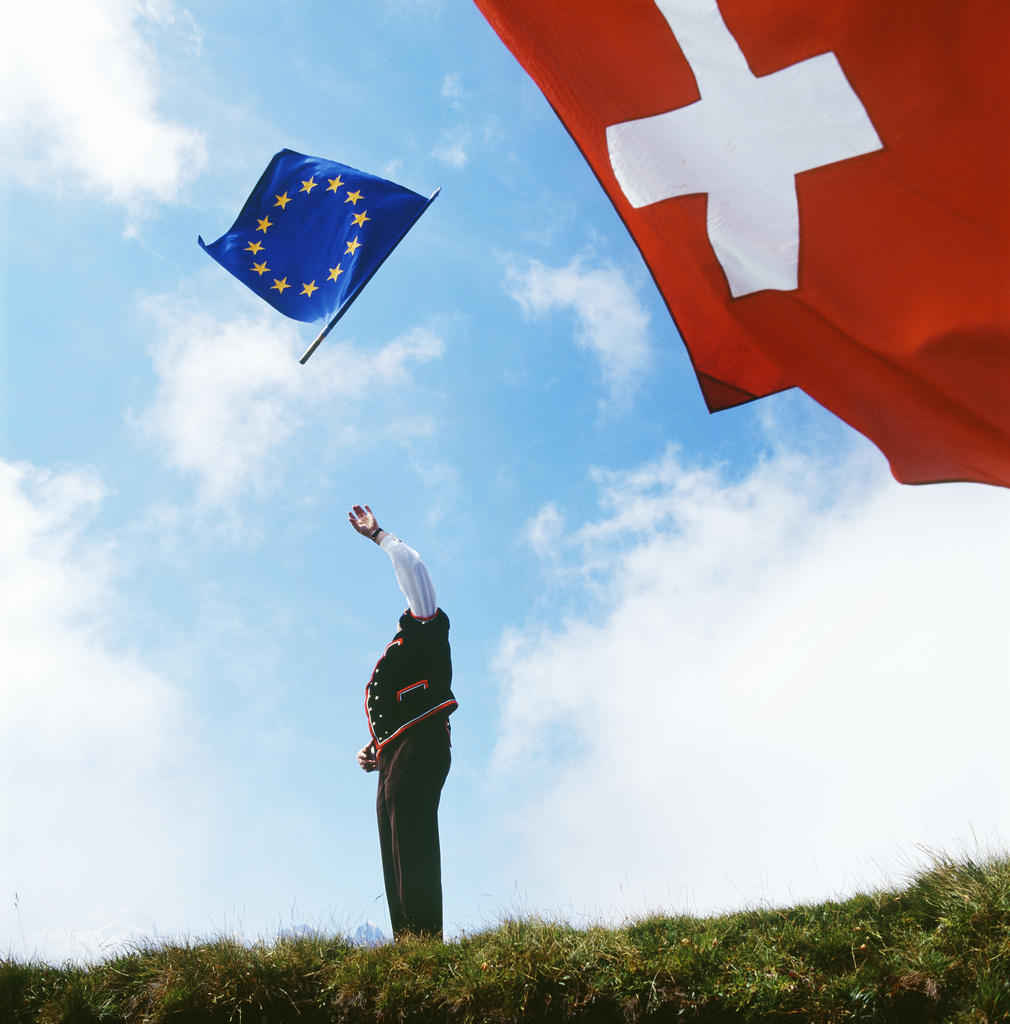
You can find an overview of ongoing debates with our journalists here. Please join us!
If you want to start a conversation about a topic raised in this article or want to report factual errors, email us at english@swissinfo.ch.